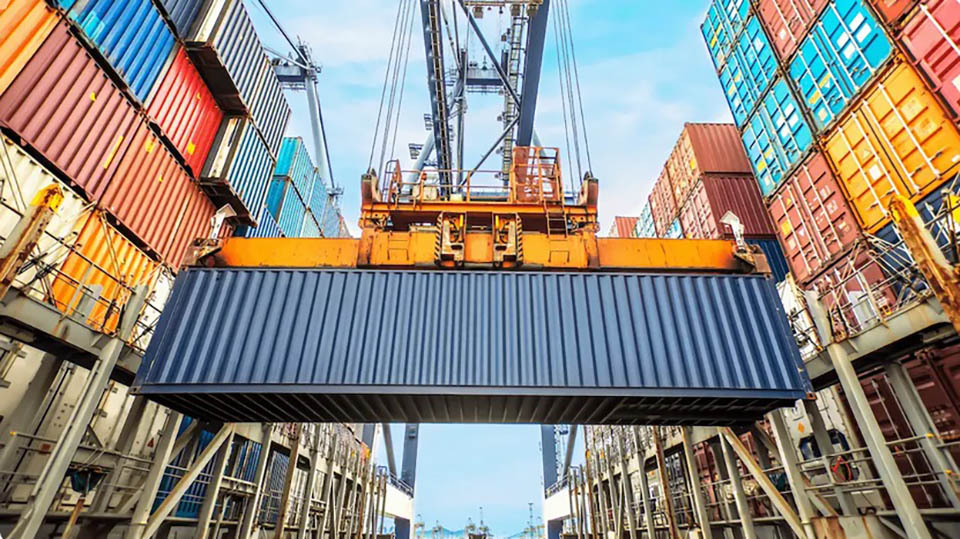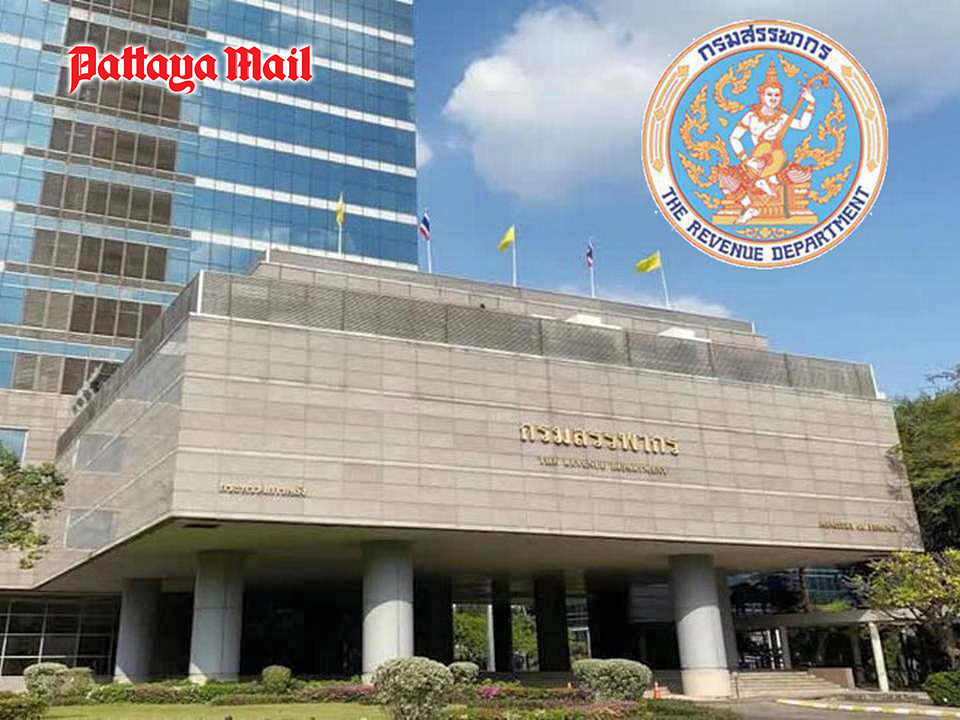The answer is a resounding yes, but on Thailand’s terms. Prime Minister Srettha Thavisin has championed the “new generation” of longstay visas such as the Long Term Residence, the revamped Elite, the as-yet cloudy Destination Thailand Visa and – for those working legally – income tax concessions and specialist visas such as the four-year Smart.
Together with the improvements for short stay tourists (well over 90 percent of all new arrivals will shortly get 60 days visa-exempt on entry) the reforms are imaginative if sometimes confusing to the general reader. Updated information about them comes variously from the Cabinet or the Tourist Association of Thailand or the Board of Investment or the Immigration Bureau. There is no single source for updates or corrections.
But many expats are outside of these initiatives as they cannot afford the fees. For example, the Long Term Residence requires retiree foreigners to have an income of US$80,000 a year, or even heavier financial investment, and the five year Elite registration is now US$25,000. As a result most expats, retirees and/or married to Thais for the most part, live here on annually renewable extensions of stay based on an original non-immigrant visa.
The annually-renewables are worried about the Thai Revenue’s recent reinterpretation. Section 41 of the tax code, long ignored but now required, means that Thai tax residents (anyone spending more than 180 days in a year here) must obtain a tax identification number and fill in a tax form not later than March 2025 to cover their overseas income transmitted to Thailand in the calendar year 2024. If that income was pre-taxed in the first country which had a double taxation treaty with Thailand, and can be proved by documentation, it is unlikely the cash will be taxed again in Thailand.
But the Revenue has not categorically confirmed that commonly-repeated assumption. Not to mention that the detail varies in the 61 countries which have concluded tax agreements with Thailand. What will happen to the annually-renewables if they stick their heads in the sand and hope for the best nobody knows. Maybe nothing, at first, as there are much bigger fish to fry out there. Thailand tends to be a country of strict laws and poor enforcement strategies. It has been suggested that some visa renewals could be linked to registration with the Revenue, but there is no sign of that happening any time soon.
It’s worth recording that Thailand is one of around 140 countries which have agreed to share with each other international banking transactions of individuals under the Organization for Economic Cooperation and Development which opposes tax havens and money laundering. If you flee to Cambodia or the Philippines as a wannabe tax exile remember they are OECD members too. The notion that your banking is a private and confidential affair which is none of anybody else’s business is rapidly becoming an anachronism.
The Revenue in recent days has separately publicized its intent to spread the tax net even further from 2025 by suggesting that tax residents in Thailand should be taxed on income they earn globally, whether transmitted to Thailand or not. This would apparently require a change in the law and is best left alone until further clarified. But, again, most annually renewables don’t own villas in Spain or any other country, salting away the rents in offshore accounts. The best defence remains to prove in documentary style your income wherever it is.
Prime Minister Srettha said this week, “Revenue collection is very important and the finance ministry is also considering additional measures to stimulate the economy.” He is eyeing the big fish who have used loopholes in the Thai tax system for decades to avoid paying the Revenue. Annually-renewables are rarely, if ever, big fish in this context. But the problem is that they swim the same river.

























